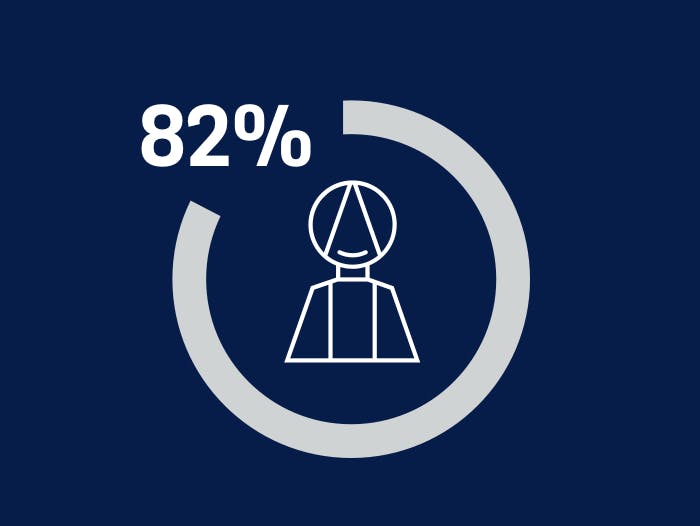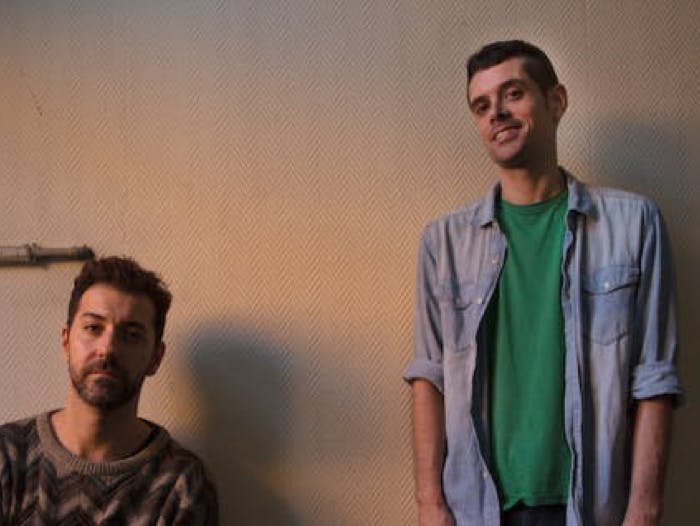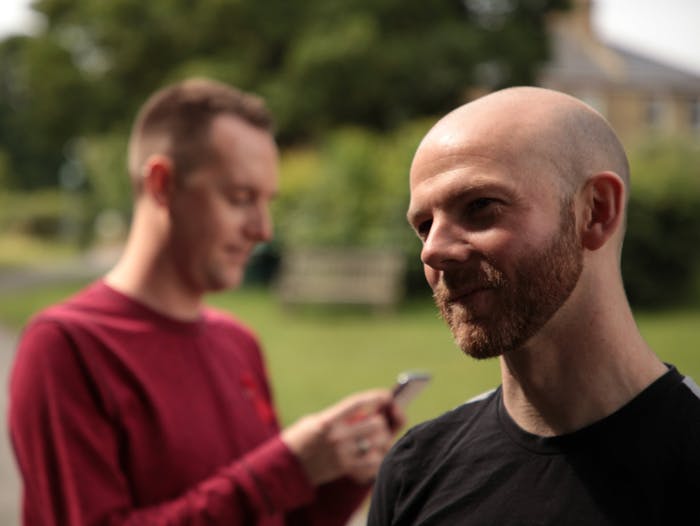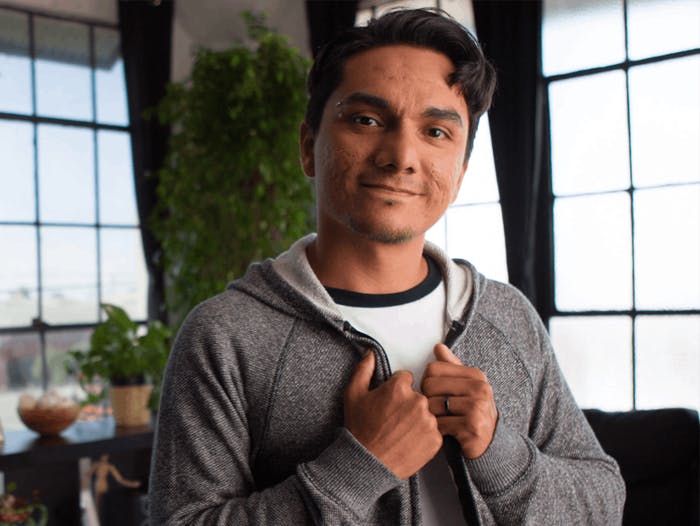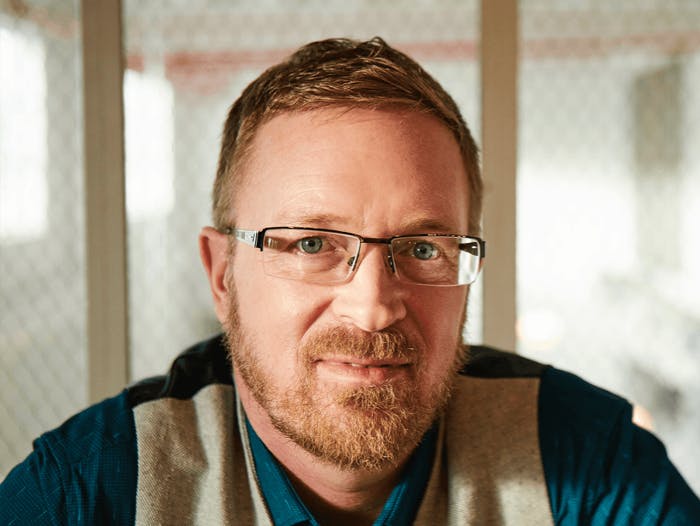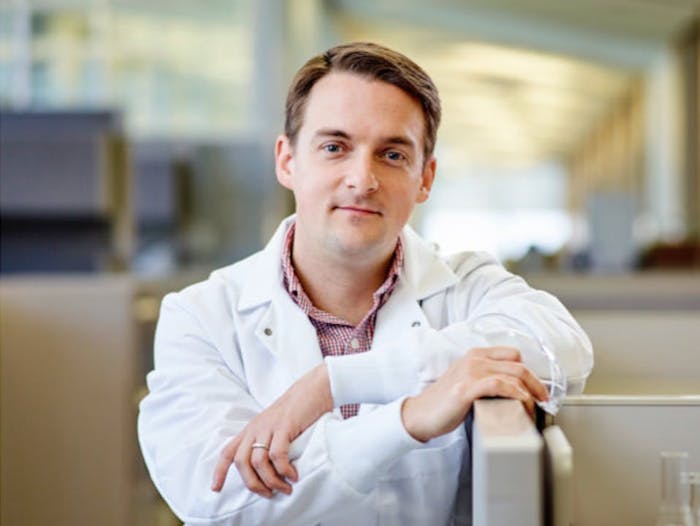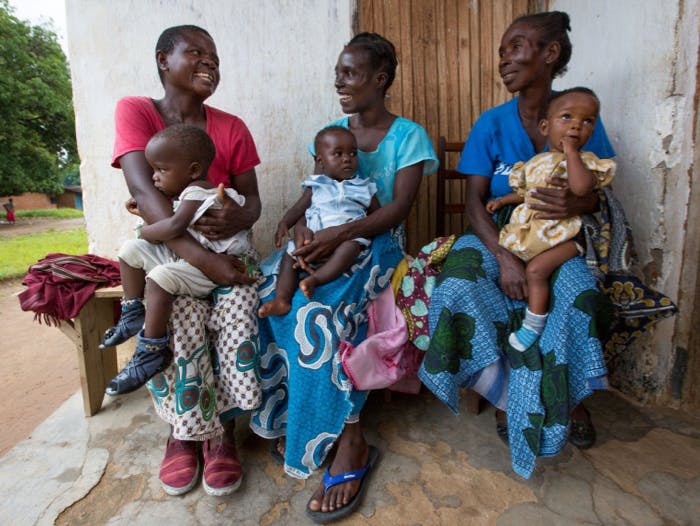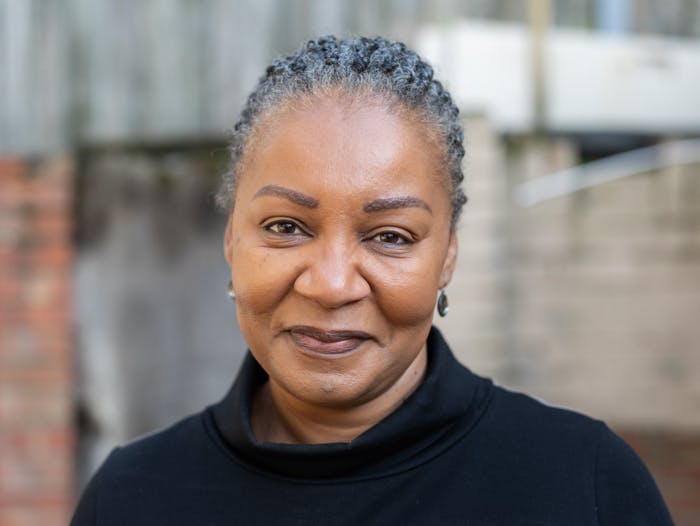OUR STORIES: POSITIVE PERSPECTIVES RESEARCH - WAVE 1
Read the introduction to the Positive Perspectives survey (Wave 1) from Dr Bruno Spire, member of the Positive Perspectives Steering Committee, launched at the IAS conference in 2017.
Read about preliminary data from the Positive Perspectives survey (Wave 1) launched at the IAS conference in 2017.
Read about Positive Perspectives survey (Wave 1) with data specifically looking at the experience of people living with HIV in Europe and their views on HIV treatment.
Read about the perspective of partners or significant others on the support they provide to their HIV positive partner, the role they play in treatment decision-making and the challenges they may face associated with their partner’s HIV.
Read perspectives faced by partners of people living with HIV, as revealed by the Positive Perspectives study (Wave 1).
HIV has changed. Thanks to treatment advances, HIV has become a long-term health condition and many people living with HIV with access to treatment are now living longer, healthier lives than before. However, emotional challenges continue to impact many people’s day-to-day lives.
Advances in HIV treatment mean people living with HIV now expect longer life-expectancies. HIV care is no longer about just prolonging life, but also about ensuring good overall health-related outcomes.
Through the Positive Perspectives research, we sought to understand the world of structural stigma; exposing its impact on people living with HIV and considering what more needs to be done in order to overcome it.
Learn about how self-stigma can affect people living with HIV, including insights from Positive Perspectives (Wave 1).
Much has been done to reduce discrimination at an organisational level through anti-discrimination laws, but this varies across countries. More needs to be done to ensure that legislative frameworks are being implemented.
It is a fundamental human instinct to want a sense of family, to want to socialise, and to need a sense of belonging to a community (or multiple communities such as family, faith or interest-based).
Despite advances in HIV treatment, people living with HIV continue to face challenges that impact their quality of life daily. HIV stigma persists, affecting those living with the virus as well as their support networks.
EXPLORE OTHER STORIES ON:
Discover how we work with leading researchers and academic groups to innovate and bring the best science to HIV treatment, prevention and care.
Explore our work with NGOs, HCPs, regulatory authorities, HIV clinics and the wider medical community to help ensure people living with HIV get the most effective care globally.
Find out how we're partnering with communities across the world to fight HIV stigma and support people living with HIV.
If you get any side effects, talk to your doctor, pharmacist or nurse. This includes any possible side effects not listed in the package leaflet. You can also report side effects directly via the Yellow Card Scheme at www.mhra.gov.uk/yellowcard or search for MHRA Yellowcard in the Google Play or Apple App store. By reporting side effects, you can help provide more information on the safety of this medicine.
If you are from outside the UK, you can report adverse events to GSK/ViiV by selecting your region and market, here.
